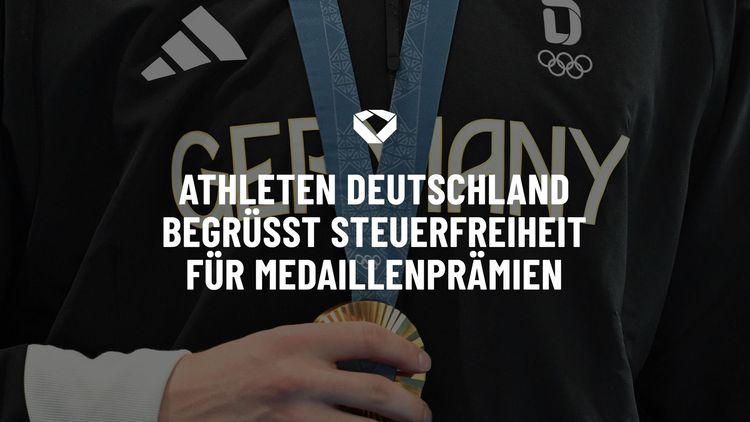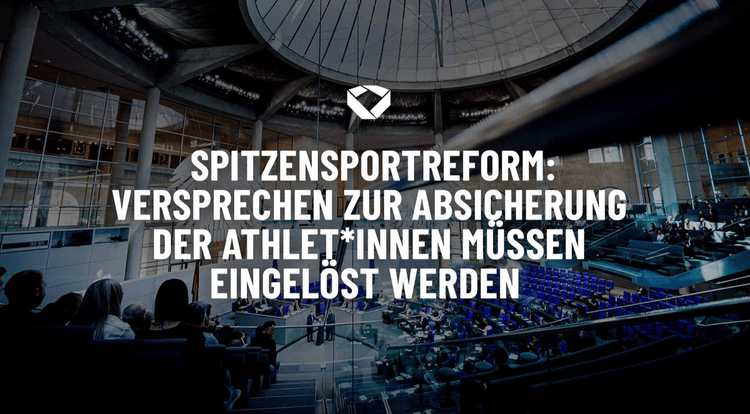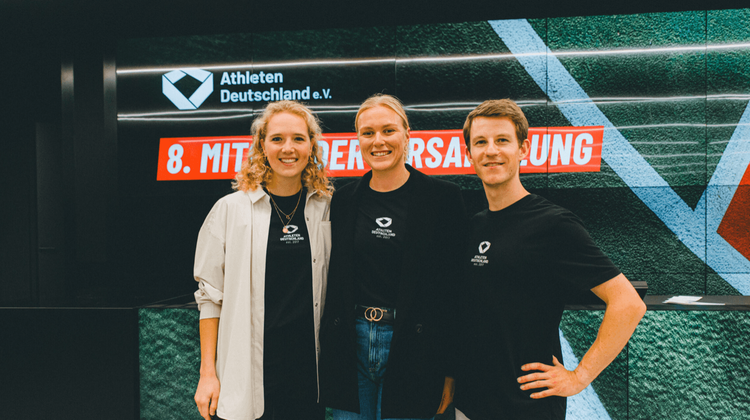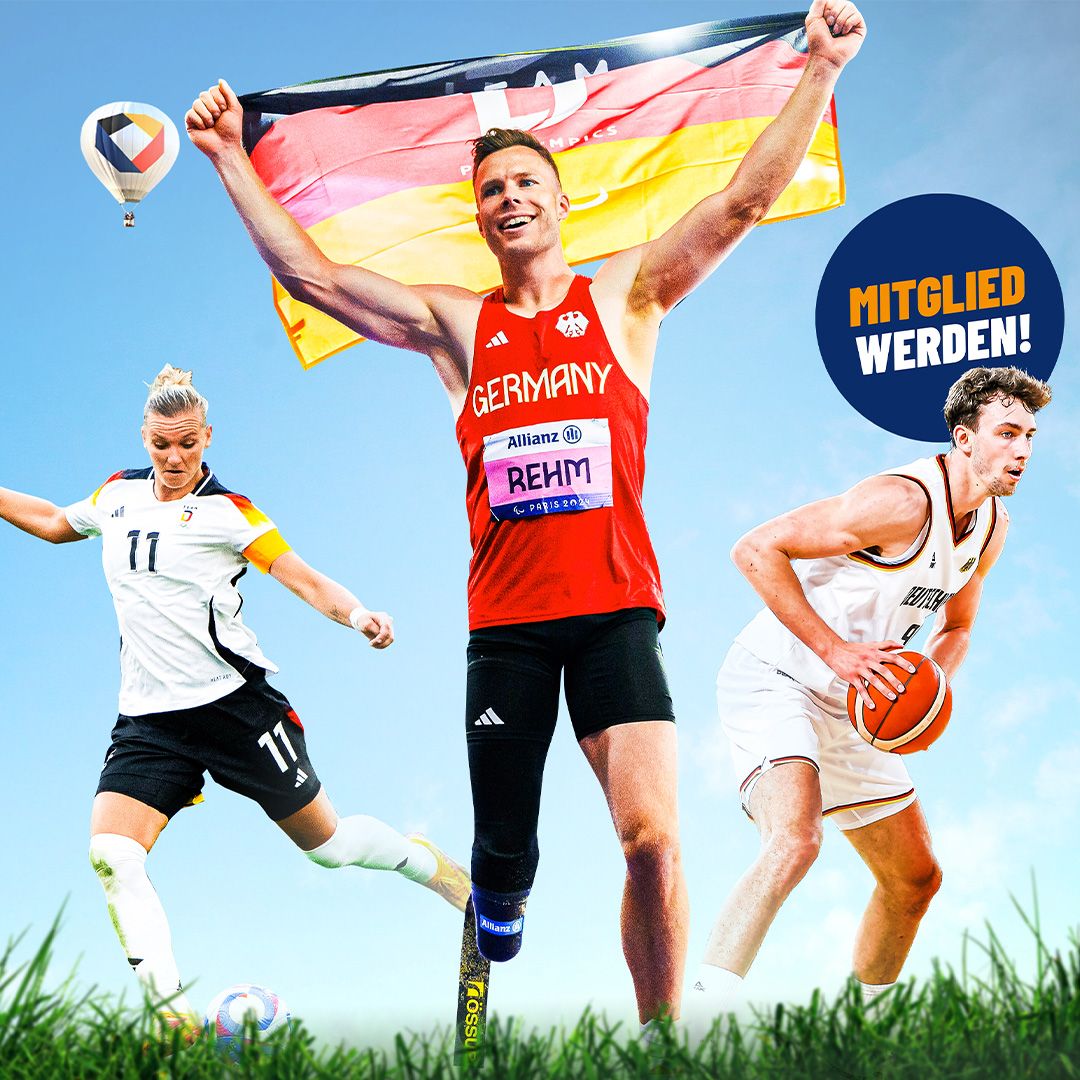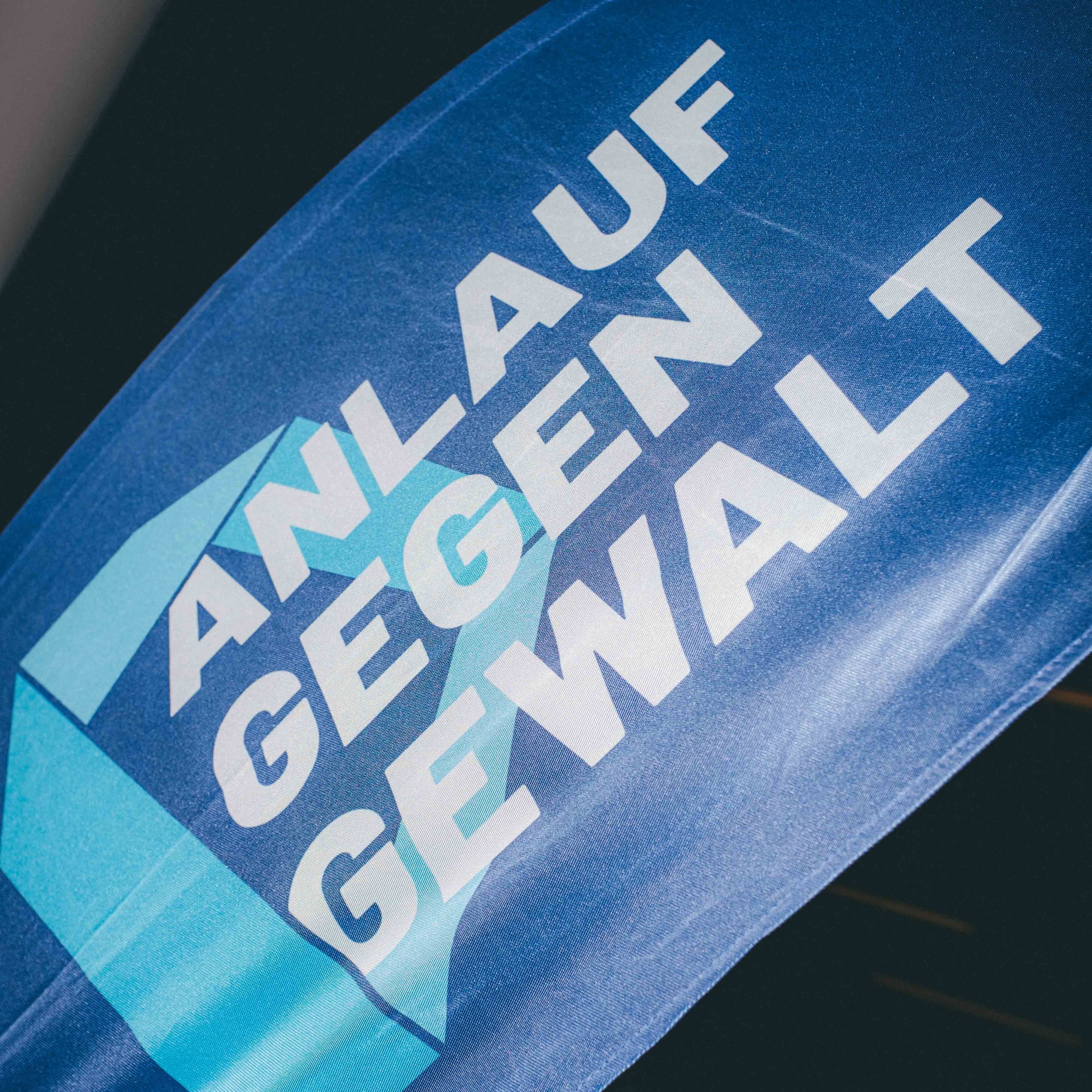Wir sind die unabhängige Vertretung der Bundeskaderathlet*innen in Deutschland.
Gemeinsam setzen wir uns für ein Sportsystem ein, das Athlet*innen weltbeste Bedingungen zur Entfaltung ihrer sportlichen und persönlichen Potenziale bietet. Dafür bündeln wir unsere Kräfte, um zusammen jede*n Einzelne*n stärker zu machen.



